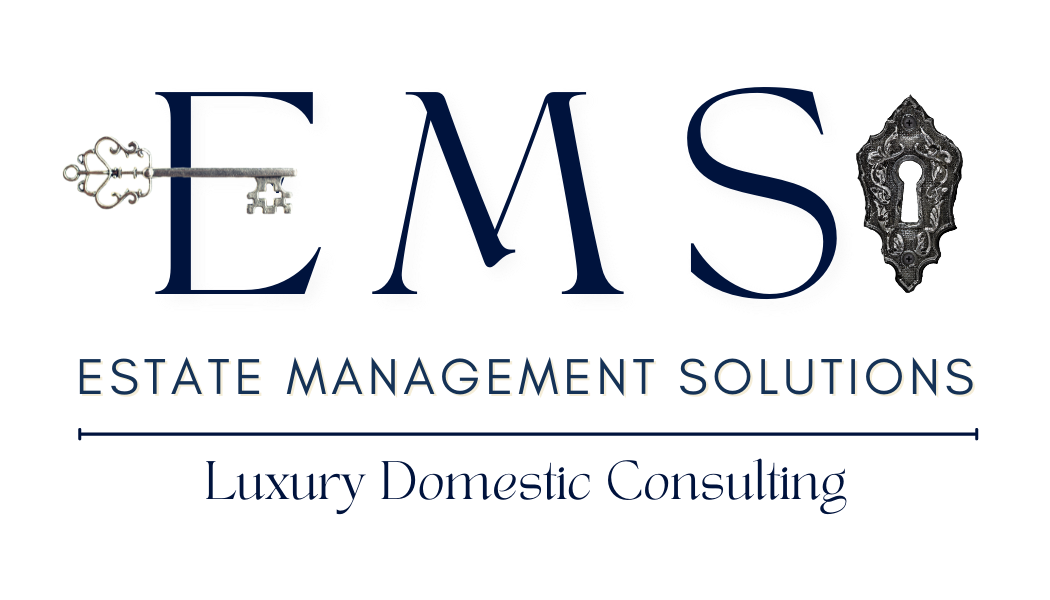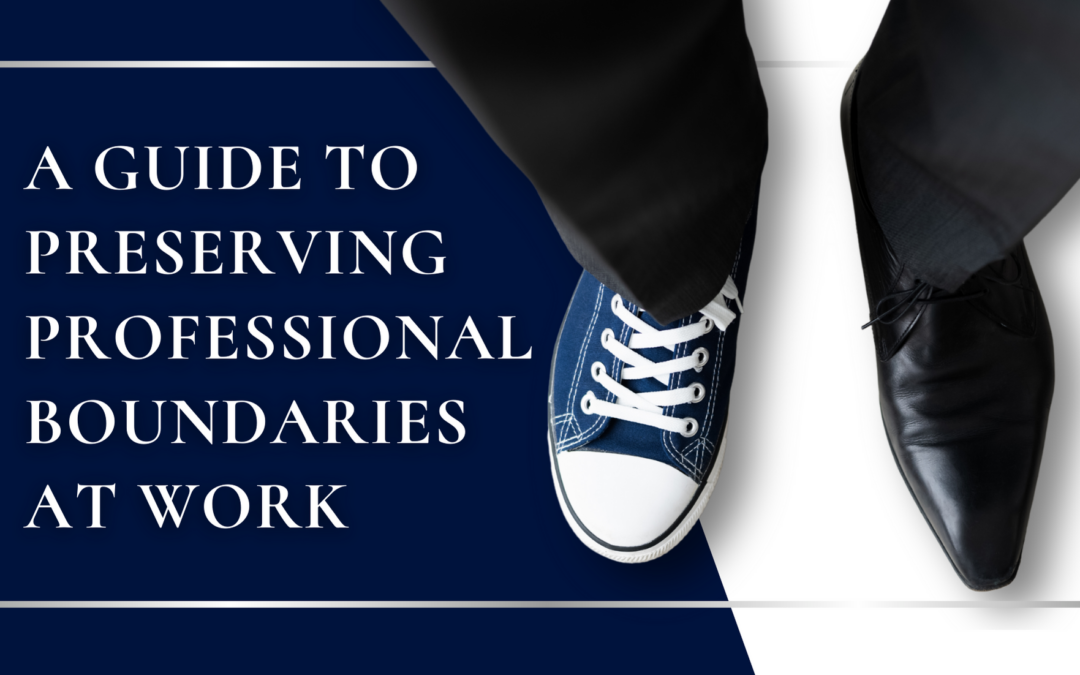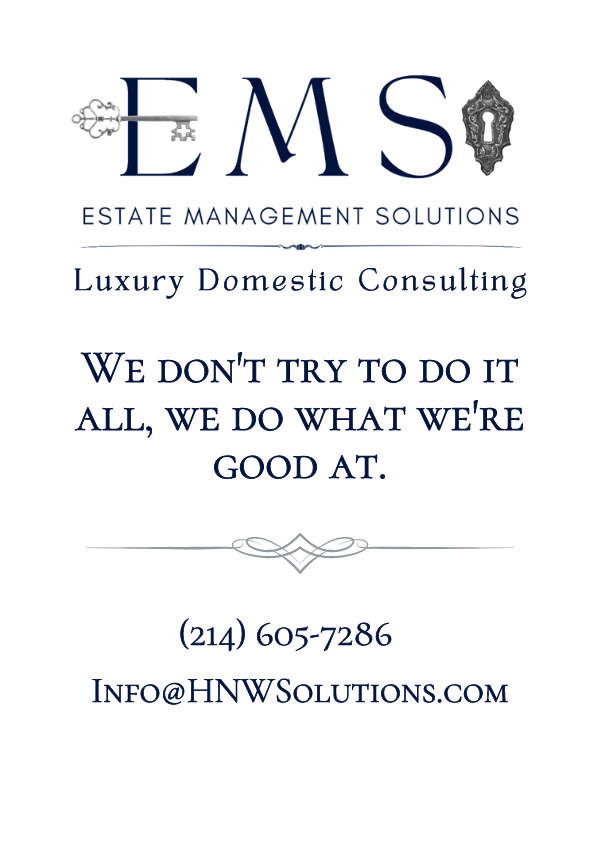Within the typical workplace setting, it’s important to conduct oneself professionally. This sets the tone for mutual respect and collective productivity. For each of us in Private Service, the challenge is even bigger. We must be friendly and professional at the same time, strive to be diligent while not being overly familiar. Finding the right balance is not always easy, but it is crucial for success. This balance helps everyone work well together and deliver top-notch service. Let’s dive into this topic and learn how to master this balance in order to make our workdays smoother and more efficient. Today, we’ll be sharing a guide on how you can preserve your own professional boundaries at work.
Define Your Professional Boundaries
Setting clear boundaries at work is like drawing lines on a sports field. Just as athletes need to know where the out-of-bounds lines are, we need to understand what’s okay and what’s not in our professional lives. Boundaries help us define our roles, protect our personal space, and ensure we don’t overstep into someone else’s. They’re not about keeping people out but about understanding our limits.
For an individual, knowing these boundaries can be a guide for personal growth, helping one navigate the workplace with confidence. For a team, clear boundaries foster trust and mutual respect. When everyone knows their role and respects others to fulfill their own, the team works like a well-oiled machine.
Communication is Key
Effective communication is the heart of a great workplace. Speaking clearly and straight to the point helps everyone understand what we mean. This way, there’s no confusion and things get done more efficiently and effectively.
It’s also essential to know what not to talk about. Office gossip or sharing too much about your personal life can create problems. Conversations like these can lead to hurt feelings and make work less enjoyable. It’s best to keep the chat focused on work matters and avoid the drama.
Listening is just as important as talking. Active listening means we pay attention to what our coworkers say. Instead of just waiting for our turn to speak, we should also try to understand their point of view. By doing this, we show respect and build trust with our team. Everyone wants to feel heard, and when we listen well, it fosters a warm and welcoming environment.
Dress the Part
How you dress can make a big difference in how people see your professionalism. It’s like a first impression that says a lot about how seriously you take your work. Following the rules on what to wear for your job, whether it’s set by your company or what’s typical in your line of work, is very important. These rules exist for good reasons, like maintaining a professional atmosphere and showing the utmost respect for your job.
For example, in some corporate offices, the rule is to wear business clothes, such as suits or professional dresses to show that you’re committed to your work. But in other jobs, especially those in creative fields, the dress code can be more relaxed, allowing for jeans and casual tops.
Knowing the dress code where you work is important so you don’t stand out for the wrong reasons. By dressing appropriately, you not only will show respect for your company, but also will set a good example for your colleagues to follow suit.
Social Media Etiquette
When it comes to social media, how you behave online can have a big impact on how you’re seen in the workplace. Here are some important things to consider:
- Think Before You Post: Be careful about what you share. Avoid sharing anything that could be embarrassing or unprofessional. Remember, once it’s online, it can be seen by anyone.
- Connections With Coworkers: It’s fine to connect with your colleagues online, but remember to follow the dos and don’ts. Be respectful and professional in your interactions. Don’t engage in public arguments or share confidential work information.
- Privacy Settings Matter: Your social media privacy settings are your best friend here. Make sure your personal information is protected. This is especially crucial when you’re sharing parts of your life with a work-related network. Privacy settings can help keep your personal and professional life separate and prevent any awkward situations.
By being smart and considerate on social media, you can maintain a professional image and avoid any potential pitfalls.
Handle Disagreements Professionally
Sometimes, there can be arguments and fights at work. How you deal with them is important to keep things professional. Instead of getting stuck on the problem, focus on finding a solution. Stay calm and only talk about the facts when there are disagreements. Emotions can make things more complicated. Try your best to separate your personal opinions and just focus on the issue at hand. This encourages a more peaceful workplace and keeps everything going smoothly.
If the argument gets worse and you’re unable to solve it, don’t be afraid to ask a boss or HR for help. They can look at the situation without taking sides and help resolve the situation. Handling arguments professionally shows that you can deal with problems in a good, impartial way. This shows a level of maturity and awareness that not only shows your potential to be a good coworker, but also to be a better leader someday.
Out-of-Work Gatherings
Spending time with coworkers outside of work is a great way to develop your relationships and have fun together. Although, you should also set limits on how much you hang out with coworkers after work. It’s good to be friends, but don’t overdo it. Make sure you also have time for yourself to rest and recuperate. And, when you are with coworkers outside the workplace, avoid talking about work-related topics. Focus on the common things you all enjoy to give yourselves time to unwind!
If there’s alcohol involved, drink responsibly. Too much alcohol can make you act unprofessionally and hurt your professional image. Know how much you can handle, and always plan a safe way to get home.
Balancing your work and social life with coworkers can significantly improve your work dynamic as a team, as long as you maintain the fine line between the two.
Respect Personal and Professional Boundaries
Understanding the boundary between your personal and professional life is vital. You should be able to switch between personal mode and work mode when needed. For example, it is okay to make your coworkers feel that they can approach you regarding questions on a task you have delegated. But, it is not okay to have them feel so close to you to the point that they disregard or delay the tasks you assign.
Another note to be wary of is to not push your personal beliefs onto your coworkers. People have different upbringings, cultures, and perspectives. You may have ended up in the same workplace at this point in time, but everyone has their own story of how they came to be who they are today. It’s important to respect that.
Lastly, make sure to keep personal things private. Do not share anyone’s personal information without permission. Respect your coworkers’ privacy just as much as you want them to respect your own.
Take the First Step Towards a More Professional You
To sum everything up, maintaining your professional boundaries can make or break the quality of your work and personal life. Being mindfully aware of your words and actions – whether it’s how you dress for your position, how you portray yourself in social media, or how you choose to interact with your coworkers, can greatly impact your professional image. At the end of the day, the way you present yourself as a whole is how others will perceive you. It’s on you to make sure that what they see is someone worth knowing and respecting.
If you’d like to improve your workplace interactions, take action now in the ways that you can. Reflect on how you currently interact with your coworkers, take notes on the areas you’d like to improve on and establish the ways you can cultivate the type of work environment that is ideal to you.
 Critical Advice
Critical Advice 
Establishing and maintaining professional boundaries at work is essential for success. Regularly self-assess and reflect on how you interact with coworkers. Take note of areas for improvement, such as communication style, dressing professionally, and managing social media etiquette. By actively cultivating a professional image and respecting personal and professional boundaries, you not only enhance your work environment but also contribute to a positive and productive workplace culture. Remember, the way you present yourself influences how others perceive and respect you in both your personal and professional life.
If you’d like to gain even more insights on how to enhance your professionalism and get direct guidance from a seasoned private service professional, Peter Van Ryder, visit Estate Management Solutions (HNWSolutions) today.


